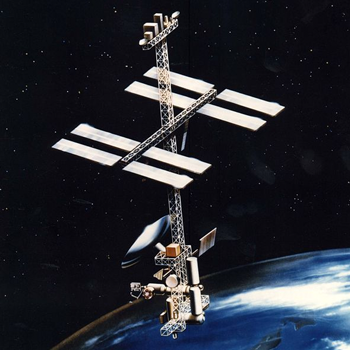What is the difference between an isotope and an element?
2 Answers
See explanation
Explanation:
Elements are simply what you see on the periodic table. E.g. carbon, oxygen, hydrogen etc.
Isotopes are elements with different masses. E.g. carbon have two stable isotopes found in nature, one is
A given element is CHARACTERIZED by its atomic number
Explanation:
And
Isotopes have the same atomic number,
Let us consider the isotopes of hydrogen....of which there are commonly 3...
[See this old answer for more of the same....](https://socratic.org/questions/5a0b5bb6b72cff38316cd6fa)


